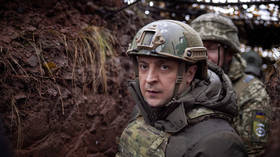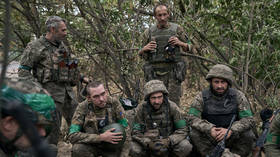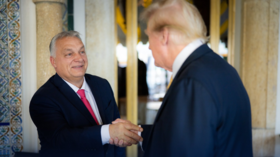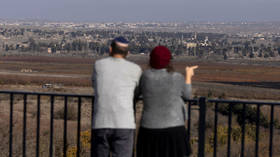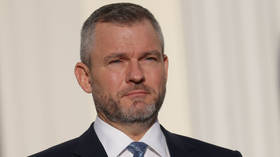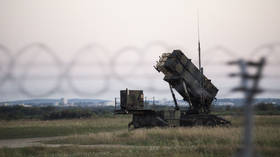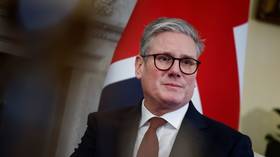Ukrainian peacekeepers to fight Russian military
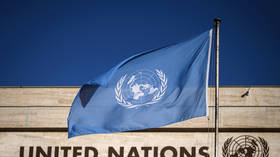
Ukraine’s President, Volodymyr Zelensky, has issued an executive order summoning the country’s peacekeepers back home from their overseas missions. The military personnel are supposed to join the fight against the Russian army.
The order was published on the Telegram channel of the Ukrainian parliament on Tuesday. In it, Zelensky ordered the “national contingent and national personnel taking part in international peacekeeping operations” to return home so they could help “defend the sovereignty and territorial integrity” of Ukraine.
Peacekeepers from the eastern European country have been deployed to dozens of conflict zones since 1992. Ukrainian blue helmets are, or were up until recently, stationed in the Democratic Republic of the Congo, South Sudan, Mali as well as Kosovo region among others.
Following the war in the Donbass in 2014-2015, there have also been calls from within Ukraine for UN peacekeepers to be deployed either in the breakaway Donetsk and Lugansk republics or along the Ukrainian-Russian border.
In light of Russia’s offensive, which began in late February, Oleksandr Kornienko, First Deputy Chairman of the Ukrainian parliament, announced last Friday that lawmakers were now in favor of a UN peacekeeper presence all across the country. However, there has been no official response from the international body so far.
On February 22, Russia recognized the Donetsk People’s Republic and the Lugansk People’s Republic, signing friendship treaties with both. Shortly thereafter, Russian lawmakers granted President Vladimir Putin the right to deploy Russian troops abroad. At first, the Kremlin suggested sending Russian military personnel exclusively to the two Donbass republics to serve as peacekeepers there. However, on February 24, Putin announced a massive offensive going far beyond the said territories. Explaining his decision in a televised address to the Russian people, the president cited what he described as intensifying shelling of the civilian population in the Donbass by the Ukrainian army – something that, according to Putin, was tantamount to genocide. The Russian head of state also claimed that neo-Nazi militias had permeated all levels of Ukrainian government, with the West turning a blind eye to it. On top of that, Putin argued that NATO was intending to drag Ukraine into the alliance and build bases there.
Putin proclaimed the “demilitarization and denazification” of Ukraine as the key objectives of Russia’s offensive.
Ukraine and its Western allies, in turn, dismissed all the above as merely a pretext to justify “unprovoked” aggression against a sovereign state. In response to Russia’s military operation, the US, Canada, the UK, the whole of the EU, Japan, South Korea, Australia and several other nations have slapped Moscow with crippling economic sanctions, with several states also supplying Ukraine with weapons.
